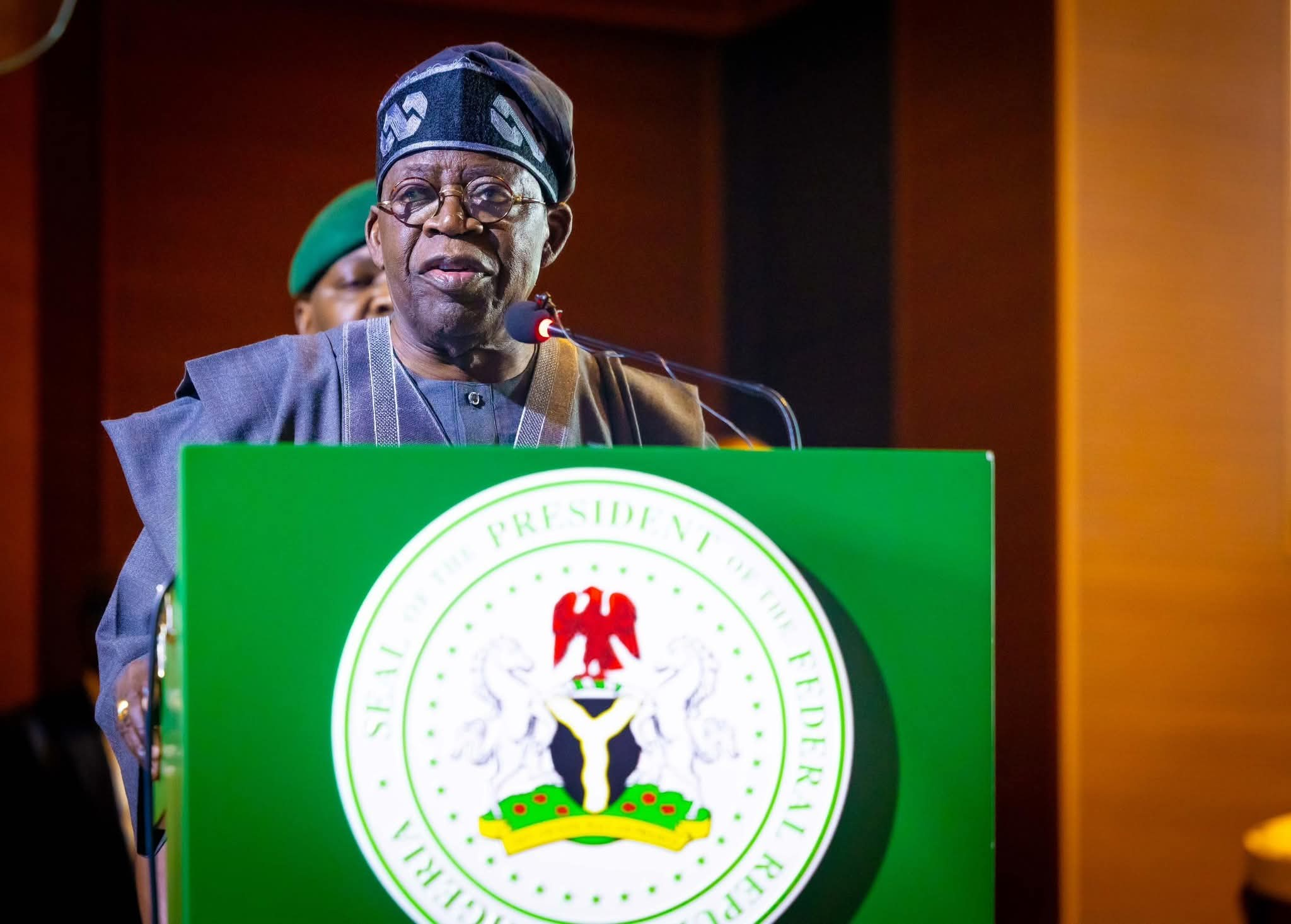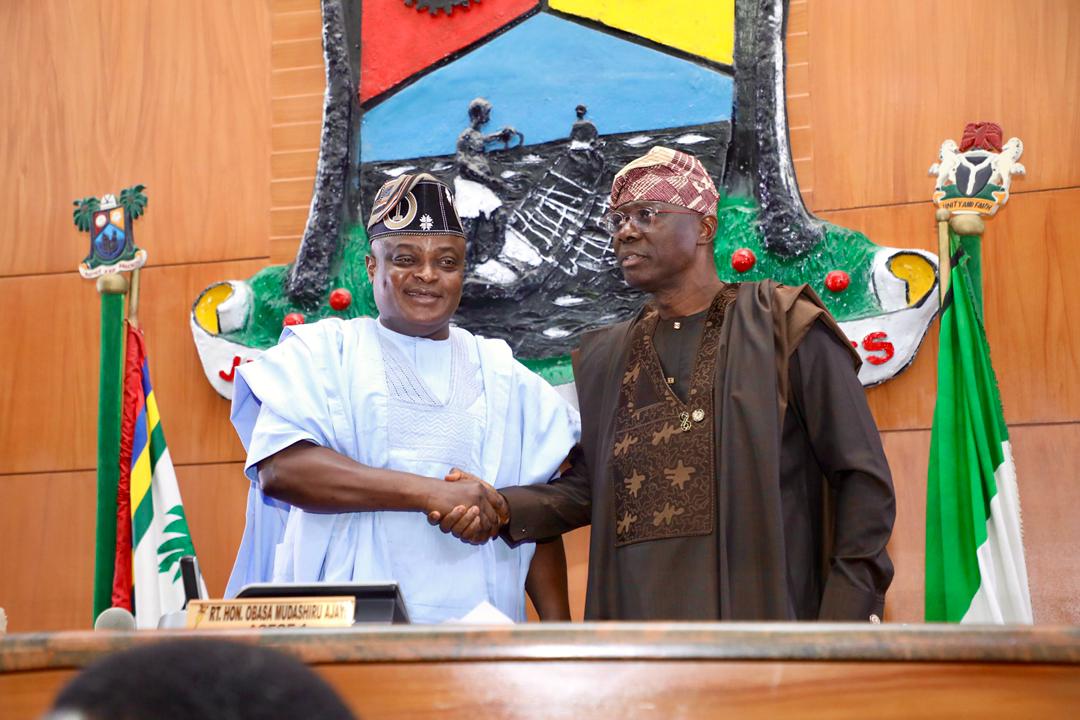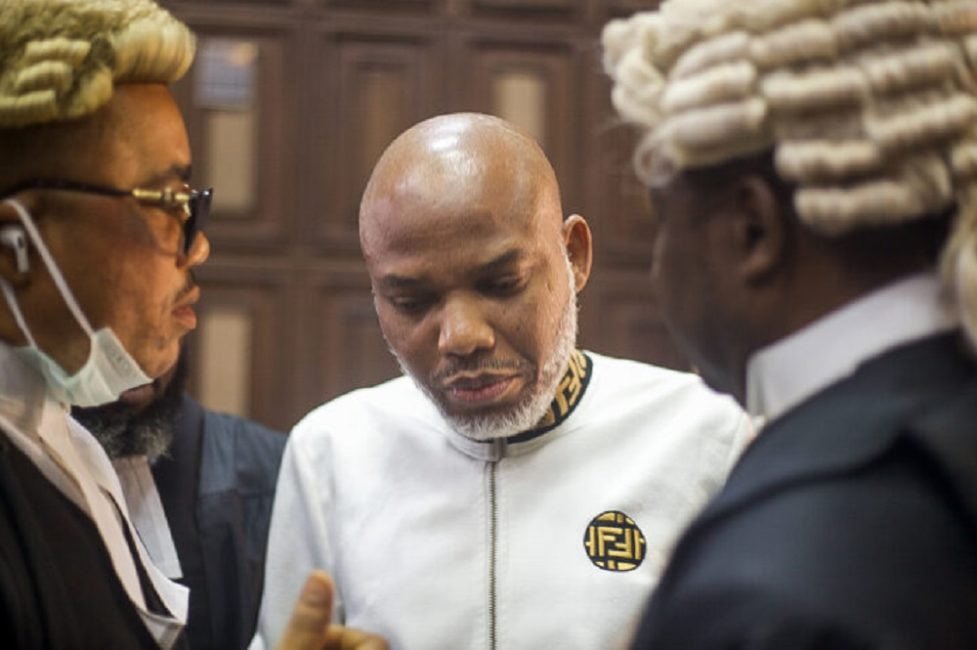A Review Of The National Policy On Safety, Security And Violence-Free Schools In Nigeria

EDOREH OMOWERA STEPHEN
Armed attacks on schools in Nigeria has become a recurring decimal sending alarming shockwaves across the country. The scale and manner in which the attacks are carried out, and the poor response on part of the government calls for a conscientious and methodical review of the government safety and security policy/intervention plans.
During ex- President Goodluck Jonathan’s administration, 276 students of Government Girls Secondary School located in Chibok town Borno State, aged 16-18 and mostly Christians, were kidnapped by the daredevil terrorist group, Boko Haram. While the nation was still grappling with the trauma of Chibok girls attack, the terrorists struck again, this time on February 19, 2018 during late Muhammadu Buhari’s regime. 110 school girls, aged 11-19 years old, were kidnapped by the Boko Haram terrorist group from the Government Girls Science and Technical College, Dapchi, Yobe state.
This kind of embarrassing situation which would make a Donald Trump call Nigeria a “disgraced nation”, earlier prompted the government of late President Buhari to swing into action by adopting two draft policy papers, earlier prepared by the Goodluck administration. The draft policy papers are a response to tackling armed violence in schools in Nigeria. The core of the policy states that “violence against children violates the fundamental rights of children to be protected from all forms of violence, insecurity and lack of safety in their school.”
Thus, the National Policy on Safety and security in Schools (NPSSS), and the National Policy on Violence-Free Schools (NPVFS) were merged in 2018, and breathed upon with the authoritative air of legal and policy framework for its operations.
This policy is geared amongst others things towards ensuring safety and security of schools and to create Violence-Free environments. Simply put, the policy is aimed at setting standards for implementing comprehensive school safety plans, provide prevention and response mechanisms at national, state, local government and individual school levels.
It seems to signal early warning, ensure disaster risk reduction (DRR) and disaster risk management (DRM), and drew its legal strength by aligning its framework to the country’s existing obligations under international and regional treaties, declarations and legislation.
For example, the constitution of the Federal Republic of Nigeria 1999 as amended, section 14(2)(b) and 18(1), expressly guarantees the safety and security of schools in Nigeria. The African Charter Act section 17 and 24 requires the government to guarantee access to education in a safe and secure environment in Nigeria. The compulsory free Universal Basic Education Act of 2004, also states the rights of Nigerian children to the enjoyment of the right to equal and adequate education in a safe and protected environment.
As laudable and proactive as this policy, there is a troubling disconnect of it’s intents and purpose in both implementation and logistics, as the scale and manner of violent attacks across schools in Nigeria, particularly in Northern Nigeria, continues with reckless abandon and braggadocio.
The kidnap of 25 school girls from Government Girls Comprehensive Secondary School, Maga, Kebbi State, and 303 children kidnapped from St Mary’s Catholic School, Niger state, within a week’s interval after the Kebbi girl’s attack, reveals the policy failure of the National Policy on Safety, Security and Violence -Free Schools (NPSSVFS).

Edoreh Omorewa Stephen
This is therefore a clarion call for the President Bola Ahmed Tinubu led administration to put action into words in tackling this menace. All relevant stakeholders in both the educational sector, security sector and private school owners should come together in finding a lasting solution out of this national educational quagmire, bearing in mind the right of the child to safe school learning environment.
This policy should be reviewed as a matter of utmost urgency, to evaluate its area of strength and weaknesses, with a view to putting necessary governmental bulwark in place to ward off future and frequent occurrence.
Let’s act now and let’s act fast. Safety is not reactive but proactive.
Edoreh Omowera Stephen, a Policy, Safety and Security consultant, writes from Guzape, Abuja.















